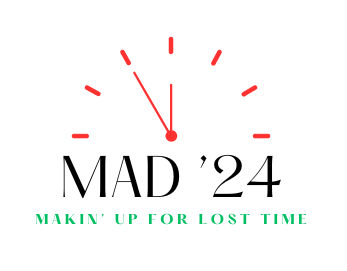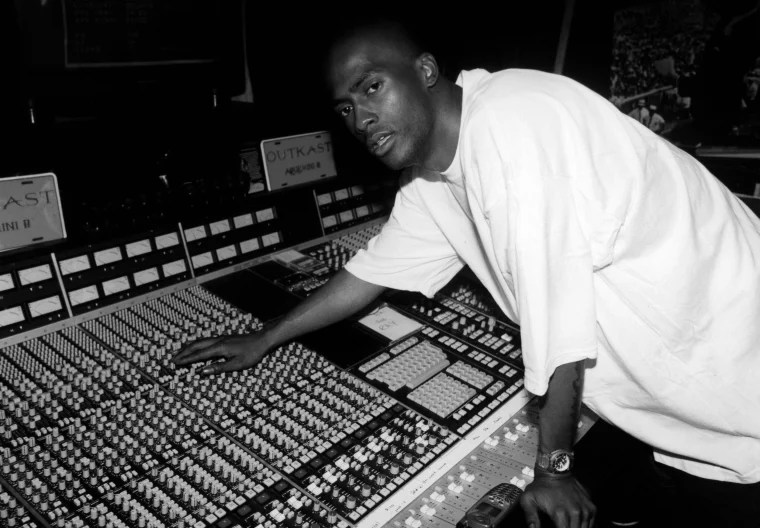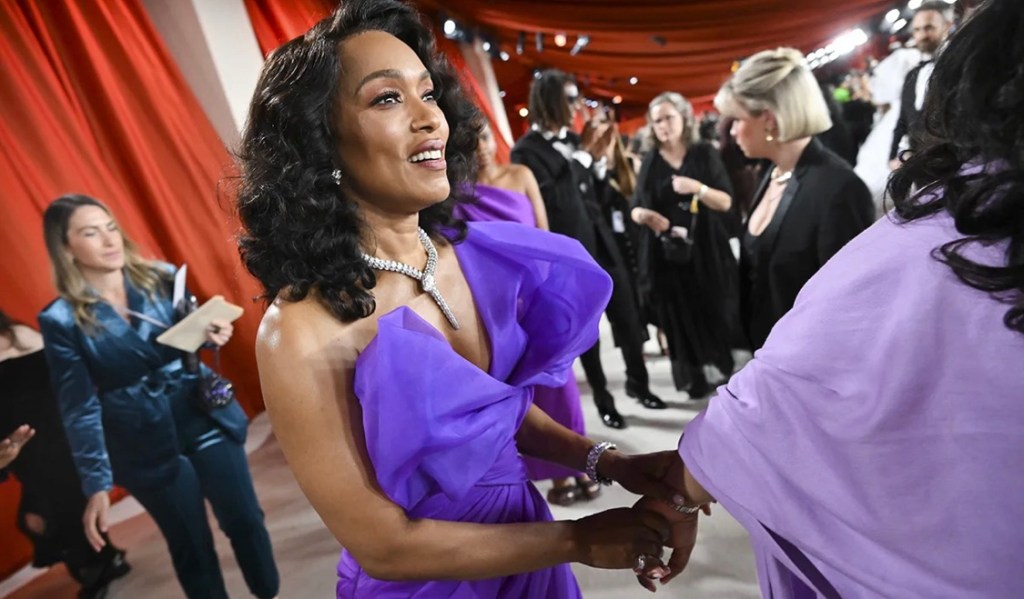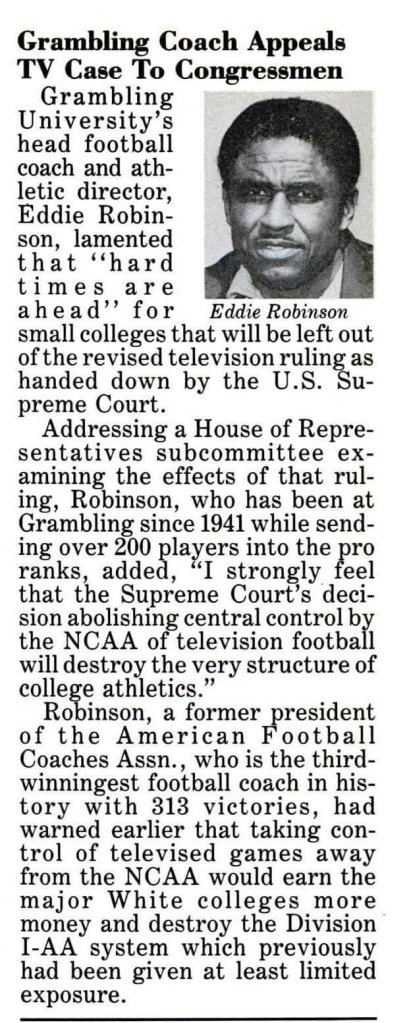South Carolina women’s basketball coach Dawn Staley was up on game before a trollish question was asked of her on the eve of the women’s national championship last month. The garnet-colored words on her black visor, outlined in white, were almost as loud as what she had to say next. GAME ON.
The question? An unserious bit about one of the “major issues” in women’s sports right now – transgender athletes. Staley’s answer? If you consider yourself a woman, you should be able to play. Then she stood on business.
“So now the barnstorm of people are going to flood my timeline, and be a distraction to me, on one of the biggest days of our game,” Staley said. “And I’m OK with that. I really am.”
Her Gamecocks kept the same energy the following afternoon against Caitlin Clark and Iowa the following afternoon in an 87-75 title-game win that capped off an undefeated season. It’s hard to imagine there being much of a conversation after South Carolina’s undisputed run. But this is the power of Staley and of women’s sports. There was a time not too long ago when women’s sports only made headlines for trollish and sexist behavior.
The game has changed.
***
Women’s basketball has always been a standard-bearer when it comes to social issues – whether related to racial justice or healthcare. The life and legacy of Houston Comets linchpin Kim Perrot are an invitation to learn more about the illness which claimed her life. The courage of Maya Moore and select Minnesota Lynx players was on full display before George Floyd became a martyr and those who avenged him set Minneapolis ablaze – literally and figuratively.
This is part of the reason why it has been my great joy to watch women’s basketball become hater-proof and troll-deterrent. There was never a question of the nobility of the sport, nor its entertainment value. Women’s athletics in general have been marketed to us in a way that promotes superficiality and lends to both racism and sexism.
A week or so after Staley’s press conference, a portly man who once argued against the right to vote for women made a crude comparative analysis on the basis of femininity which juxtaposed Brittney Griner and Angel Reese: “I wish Angel Reese would cover up a bit. But I much prefer the Reese look to Brittney Griner.”
This vile commentary, much like the question posed to Coach Staley, had the opposite effect of which it was intended. Those viewpoints promoted divisiveness, but in the triumphs of Griner, Reese and Clark, there’s room to celebrate inclusiveness and indomitability.
What else is there to say about Griner? She survived a harsh 10 months inside of a Russian prison, an experience she recently recounted in a new, harrowing book. Griner talked about the adversity that she has faced since her childhood, her sense of patriotism and her PTSD, among other things. And yet, she remains undeterred, as evidenced in what might seem to be a modest question:
Q: Your DMs are still open?
A: Oh, yeah, yeah, yeah. I mean, they still come in. I thought about [closing them], but then, that one DM I get from a young basketball player that’s asking me for advice or something and I see it. …That could be one person that I help. I’m getting all these other people, but I don’t want to let them win, honestly. That’s why I won’t stop. They want me to just disappear.
Some see Reese as a forever antagonist to Clark, even though it has become abundantly clear in the last few years that they aren’t just rivals on the court, but in terms of celebrity. In a stunning 24-hour period, Reese made her way to the Met Gala, then made her presence felt in a preseason game for the Chicago Sky in a 101-53 romp over last year’s Eastern Conference champs, the New York Liberty. The turn of events was more than an affirmation of Reese’s vibrant personality. It was a star-powered stamp on what she means to her team and the WNBA.
It was a far cry from the tears she shed after her final college game, an Elite Eight loss to Clark and Iowa. What endured from that day was the care and concern of her former teammate, Flau’jae Johnson, as well as Reese’s commentary on receiving “death threats,” being “sexualized” and her mental health, which was encapsulated in one overarching phrase: “I’m still a human.”
Clark is a lightning rod in her own right, but save for Staley, she represents an epicenter in the sport. There are folks who are uncomfortable with that media bias and that perspective, for the same reason folks were uncomfortable with Larry Bird being celebrated over Magic Johnson in the 1970s. What resulted was both players eventually being recognized as saviors of the NBA. Clark’s Midwestern origins and long-range game are Bird-like in that regard, and there’s one person who sees the attention geared toward Clark as a blessing, not a burden.
“I want to personally thank Caitlin Clark for lifting up our sport,” Staley said after the Gamecocks won the national title in early April. “She carried a heavy load for our sport, and it just isn’t gonna stop here on the collegiate tour, but when she’s the number one pick in the WNBA draft she’s going to lift that league up as well.
“So Caitlin Clark, if you’re out there you are one of the GOATS of our game and we appreciate you.”
***
What happens now in regards to women’s hoops – and athletics in general – is largely up to us. Yes, the WNBA has to meet the moment when it comes to fan interest, and when it comes to charter flights, should heed the frustration of the sport’s biggest star, A’ja Wilson. Still, these challenges should not be used as they have been historically – as an indictment of the WNBA and its players.
I bought the WNBA League Pass a few weeks ago and just caught the Las Vegas Aces preseason game in Columbia with my mom for Mother’s Day weekend. The multiracial and multi-gendered collection of people in attendance weren’t just the result of a homecoming for Wilson or the Gamecocks’ dominance. It even goes beyond the staying power of Staley, who has excelled as a player, coach and an ambassador. We are seeing the dawn of something much bigger, something that ties in the sport’s proud past with a promising future.
The WNBA declared that it had “next” almost 30 years ago. It is beautiful to see the league – and women’s basketball – in the here and now.











